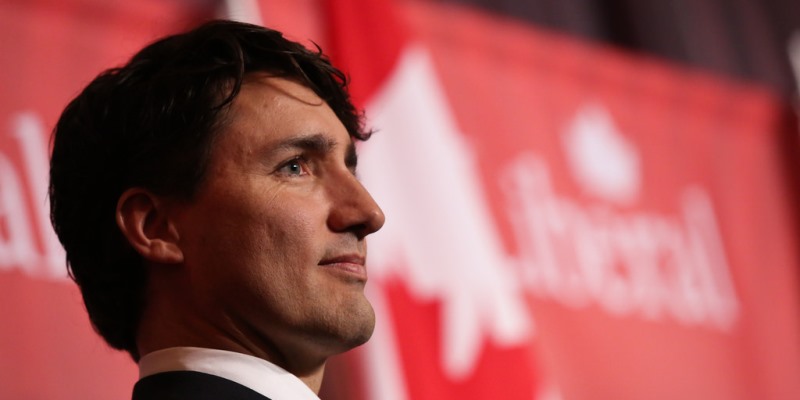Ottawa should follow Britain and tap the brakes on ‘net zero’

In a recent speech, British Prime Minister Rishi Sunak put a dent in the façade of the global “net zero” greenhouse gas emission agenda—that is, the idea that countries will emit no more greenhouse gases (such as CO2 and methane) into the air than are taken back out and “sequestered” in some form that won’t increase atmospheric heating. The net zero framework has subsumed virtually all energy, environment and natural resource policies in many countries including Canada.
Sunak did not reject net zero, but he clearly took his foot off the gas and started tapping the brake, acknowledging that people are not happy with the way it’s playing out: “We seem to have defaulted to an approach which will impose unacceptable costs on hard-pressed British families. Costs that no one was ever told about, and which may not actually be necessary to deliver the emissions reduction that we need.”
And Sunak extended some timelines in the United Kingdom’s net zero program. His government increased the deadline for ceasing sales of new internal combustion vehicles from 2030 to 2035. And rather than phasing out the sale of all gas boilers by 2035, the U.K. will phase out 80 percent of them by that date. The government will also now not require homeowners and landlords to meet various energy efficiency guidelines. Small changes to a large program, but a pioneering move away from today’s net zero timelines.
Here at home, Canadians also labour under the economic impacts of the Trudeau government’s net zero zeal. Canada’s carbon tax, a key net zero pillar, slated to rise to $170 per tonne by 2030, will put the hurt on Canadian households well in excess of the rebates given out by Ottawa. And a $170-per tonne carbon tax will cause the economy to shrink by about 1.8 per cent, causing a permanent loss of nearly 185,000 jobs and reducing real incomes in every province.
Similarly, according to the Parliamentary Budget Officer, 60 per cent of households in Alberta, Ontario, Saskatchewan and Manitoba—the four provinces where the federal carbon tax applies—will pay more in carbon taxes than they get in rebates. By 2030, 80 per cent of households in Ontario and Alberta will be worse off and 60 per cent will be worse off in Manitoba and Saskatchewan.
Of course, the cost impacts of Canada’s net zero plan will likely expand well beyond the carbon tax, with emission caps on Canada’s oil and gas sector, a net zero goal for Canadian waste management, ambitious (some would say impossible) mandates to electrify transportation in Canada, new “Clean Electricity Regulations” that will raise the cost of electricity, energy-efficient construction standards that can only further increase the already insane costs of housing and commercial property development in Canada, and possible restrictions on agricultural use of fertilizers that could raise Canadian food prices beyond even today’s outrageous levels.
Sunak’s net zero slowdown is not exactly the stuff of Brexit, but it may be a harbinger of things to come for other countries shaking under the weight of their own net zero ambitions. Most importantly, it’s a precedent other governments can invoke to justify adjusting their own destructive net zero programs. The Trudeau government would do well to follow Sunak’s lead and reduce net zero targets, soften timelines, remove regulatory burdens, and generally reform the policy before the full brunt of the economic impact throws more Canadian households into the red.

